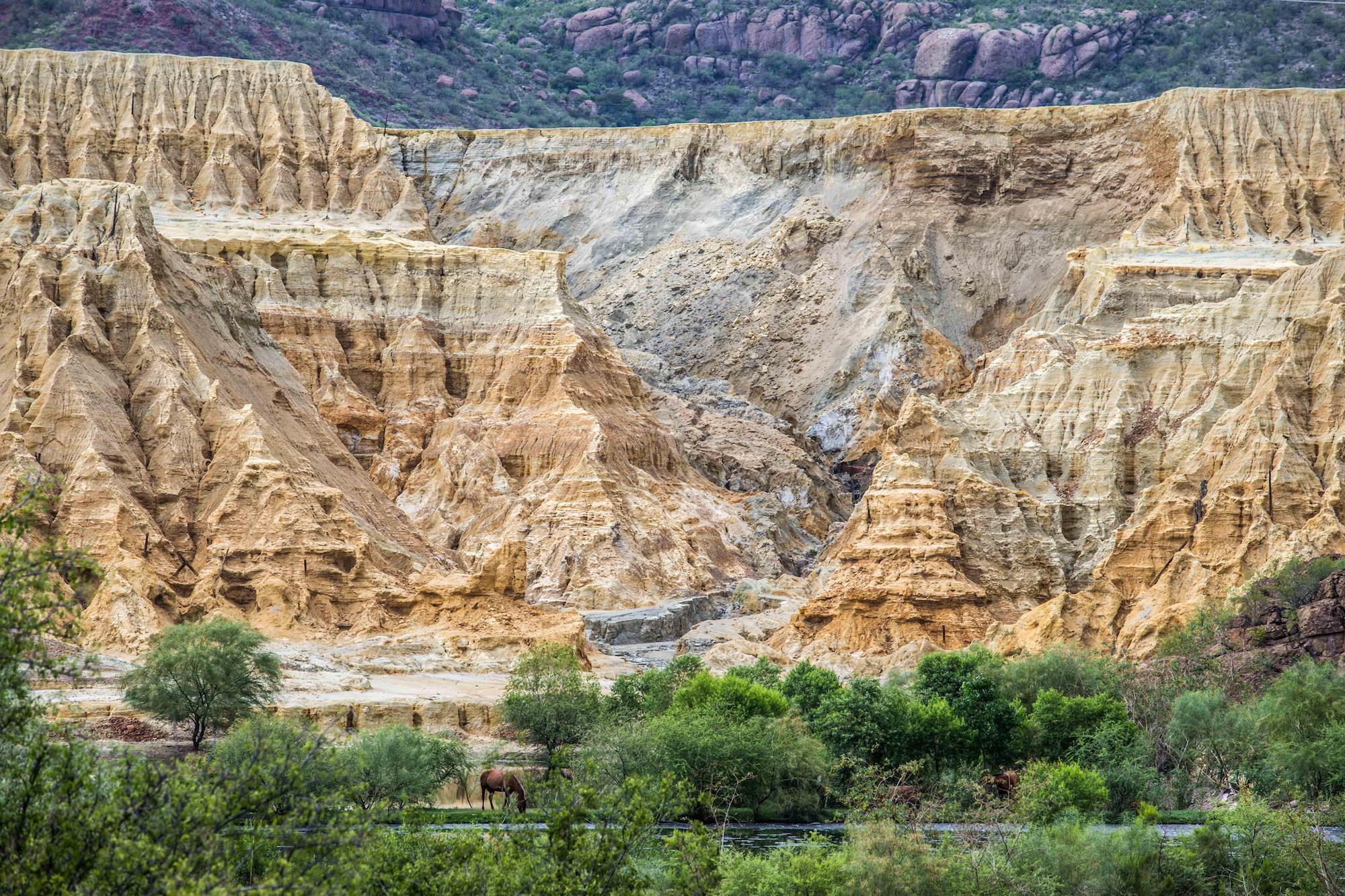
The Lithium industry in Mexico stands at a crossroads with the proposal to ban open-pit mining. This technique is essential for Lithium extraction, as identified deposits so far are dispersed in clay form, requiring the removal of large amounts of rock to access the mineral.
The potential impact of this measure is significant. Although there are other potential deposits in states like San Luis Potosí and Zacatecas, they all share the characteristic of requiring open-pit mining.
The economic viability of the Lithium industry in Mexico is also at stake. Unlike countries like Bolivia, Chile, and Argentina, which have Lithium deposits in rock or brine, Mexico faces a unique challenge due to the dispersion of its reserves in clay form. This further complicates the long timelines required to discover and develop new deposits, which can take up to 10 or 15 years.
In a world where demand for Lithium continues to rise due to its crucial role in manufacturing batteries for electric vehicles and electronic devices, resolving this dilemma is critical. The potential prohibition of open-pit mining could have significant repercussions on the global supply of Lithium and on the transition to a more sustainable economy focused on green technology.